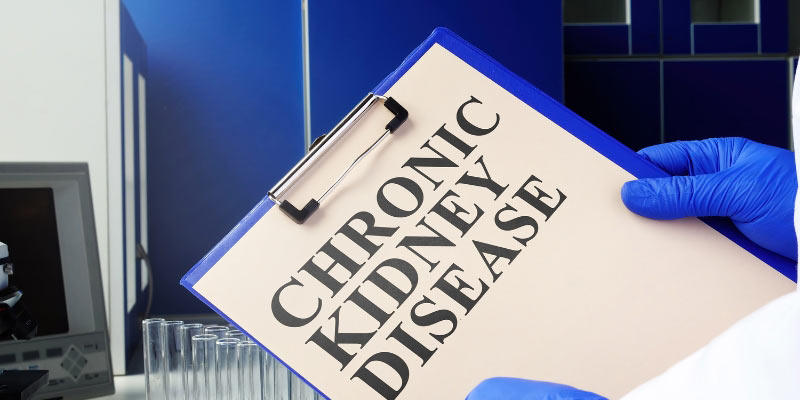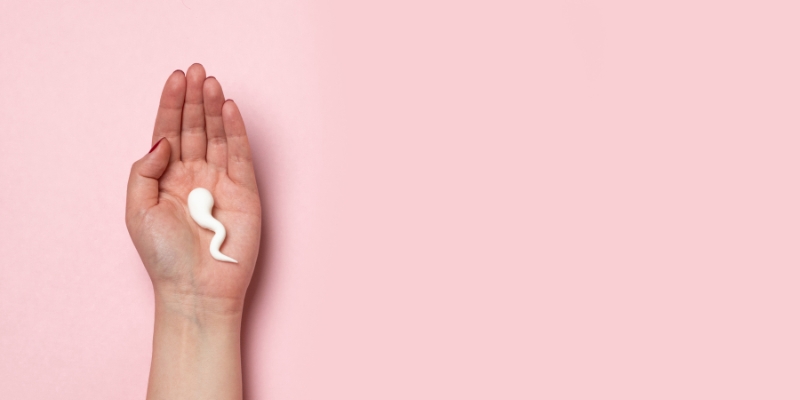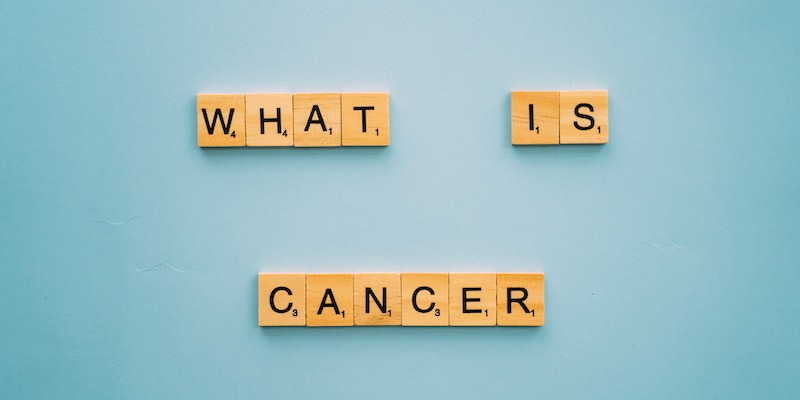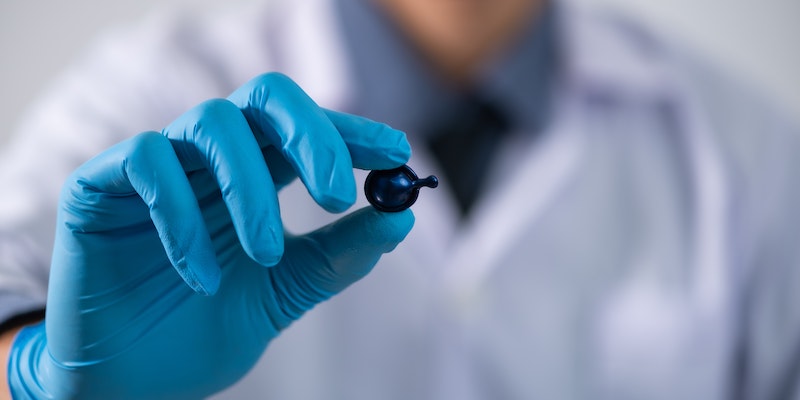
Millions of people worldwide suffer from kidney stones. Hard kidney deposits can be painful and lead to more severe health issues. This article covers kidney stone causes, types, symptoms, and prevention.
What Are Kidney Stones?
Genetic, environmental, and nutritional factors cause kidney stones. These hard, painful deposits form when urine chemicals concentrate and form crystalline formations of various sizes but can be somewhat treated through kidney stone medication.
Composition and Formation
While urine is typically a solution of waste products, it can sometimes become supersaturated with certain minerals. When this occurs, these minerals solidify into crystals, which over time, can combine and grow, culminating in what we commonly recognize as kidney stones.
Impact on Renal Function
These stone formations can be detrimental, impeding the kidneys' ability to filter and eliminate waste. While small stones might pass without causing much disruption, larger stones can block urine flow, leading to potential complications such as urinary tract infections or even kidney damage and kidney stone medication, .
Causes of Kidney Stone Formation
The formation of kidney stones is influenced by several interlinked factors, from one's fluid intake to underlying health conditions.
1. Supersaturation of the urine
Urine primarily acts as a waste-removal mechanism, carrying away excess minerals and toxins. However, certain conditions can cause these minerals to crystallize.
Factors Leading to Supersaturation
- High Mineral Concentration: Excessive levels of minerals such as calcium, phosphate, uric acid, and oxalate.
- Urine pH Imbalance: Extreme acidic or alkaline conditions favor the formation of specific types of stones.
- Inadequate Urine Volume: Diminished fluid elimination can increase mineral concentration.
2. Dehydration
Adequate hydration is paramount in maintaining a healthy urinary system. Without enough fluid intake, the urine becomes concentrated with higher amounts of certain minerals.
Effects of Dehydration
- Increased Urinary Concentration: Concentrated urine, rich in minerals, increases the likelihood of crystallization.
- Reduced Urine Output: Limited fluid passage can cause stagnation and give minerals more time to bond and form stones.
3. Dietary Factors
The foods one consumes play a pivotal role in influencing urinary composition. Certain diets can predispose individuals to a higher risk of stone formation.
- Salt: High salt intake raises urine calcium, a kidney stone component.
- Animal Protein: Animal protein diets increase urine acidity and calcium excretion, increasing stone formation risk.
- Fibers: Spinach, rhubarb, and some nuts are high in oxalate, which can form stones with calcium.
Types of Kidney Stones
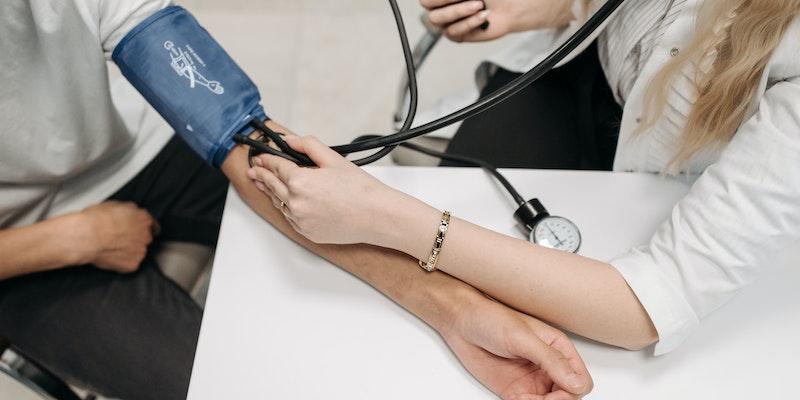
Calcium Stones
Most kidney stone ultrasounds are calcium, accounting for 80% of cases. They are mostly calcium oxalate but can also contain calcium phosphate.
The Reason To Their Formation
Multiple reasons cause calcium stones:
- Overconsuming oxalate-rich foods like spinach, rhubarb, beets, almonds, and teas.
- Overconsuming vitamin D pills can raise urine calcium.
- Intestinal bypass surgery or metabolic diseases can raise urine calcium or oxalate.
Preventive Measures
- Limit foods rich in oxalates.
- Ensure a balanced intake of calcium.
- Limit the intake of vitamin D supplements.
Uric Acid Stones
Kidney stone ultrasound reveal Uric acid stones form when the urine contains excessive acid. These stones are less common than calcium stones but can still cause significant discomfort.
Why do they form?
Key factors include:
- High-purine diet: Consuming a lot of animal proteins like fish, shellfish, and meats.
- Genetic predisposition: Some people naturally produce more uric acid.
- Medical conditions: Gout or certain types of chemotherapy can increase the risk.
Preventive Measures
- Limit foods rich in purine.
- Maintain a healthy weight.
- Ensure proper hydration.
Struvite Stones
Struvite stones are a result of kidney infections. These stones can grow rapidly, becoming quite large in a short span.
Why do they form?
Urinary tract infections: Certain bacteria can increase ammonia in the urine, leading to struvite stone formation.
Preventive Measures
- Timely treatment of UTIs.
- Regular urine tests to check for infection signs.
Cystine Stones
These stones are rare and form in people with a hereditary disorder that causes cystine—an amino acid—to leak into the urine.
Why do they form?
Genetic disorder: This disorder, cystinuria, affects the kidneys' ability to reabsorb cystine from the urine.
Preventive Measures:
- Ensure adequate hydration.
- Medications might be recommended by physicians to reduce cystine levels in the urine.
Symptoms of Kidney Stones
Some kidney stones are asymptomatic, but most have symptoms:
- Pain: It is the earliest and most visible symptom. Pain might radiate from the back or side below the ribs to the lower abdomen and groin.
- Hematuria: Pink, brown, or red urine with blood.
- Frequent Urination: A persistent need to urinate, more than usual.
- Nausea and Vomiting: The body's response to the pain or as a result of the stones causing an obstruction.
- Urgency For urinary: A strong, persistent need to urinate.
If you're having these symptoms, see a doctor.
Statistics on Kidney Stones
Kidney stones are a widespread medical condition with certain alarming statistics underlining their prevalence and recurrence:
- U.S. prevalence: About 1 in 11 people will get a kidney stone.
- Gener Differences: Statistics show men are twice as likely as women to develop a stone.
- Recurrence: An individual who has developed a stone once stands a 50% chance of experiencing another one within a decade.
Prevention and Management of Kidney Stones
Stay Hydrated

Drinking adequate amounts of water plays a pivotal role in preventing kidney stone formation. When the body is sufficiently hydrated:
- Urine Dilution: Adequate water intake ensures that the urine remains dilute, making it less likely for crystals to form.
- Increased Urine Volume: Increased urine volume helps the kidneys eliminate waste faster.
- Standard Recommendation: advice is 8-10 glasses of water per day, although this might vary depending on needs, activity levels, and environment.
Limitation of Sodium intake
Sodium overconsumption causes more than high blood pressure. Regarding kidney health:
- Calcium Excretion: High sodium intake causes the kidneys to expel more calcium, which can form stones with other debris.
- Dietary Advice: Reading nutrition labels, choosing fresh over processed foods, and limiting table salt will help manage sodium intake.
Healthy Calcium Intake
Calcium prevents kidney stones in a complex way:
- Oxalate Binding: Adequate dietary calcium binds oxalate in the gut, reducing absorption and urine excretion.
- Dietary Sources: Calcium-rich foods include dairy, green leafy vegetables, and fortified meals. Calcium from diet is better than supplements.
- Optimal Amounts: Calcium should be consumed in moderation. A nutritionist or doctor can assist assess ideal intake.
Restriction of Animal Protein
Protein from meat, poultry, fish, and eggs promotes kidney stone formation in numerous ways:
- Acid Production: Animal protein consumption produces urine acid, which increases calcium and decreases citrate excretion, causing stone formation.
- Uric Acid Increase: High purines in animal proteins can raise uric acid levels and cause stones.
- Diet Advice: Moderation matters. Plant-based proteins including beans, lentils, and tofu can be useful.
Limit Vitamin C Supplementation
Vitamin C is needed for several bodily activities but should be supplemented cautiously:
Oxalate Production: High vitamin C concentrations can convert to oxalate, which can cause stone formation when eliminated through urine.
Supplementation
Adults should consume 65-90mg per day, although amounts exceeding 1,000mg may cause excessive oxalate in urine.
Natural Sources: Citrus fruits, strawberries, bell peppers, and broccoli are vitamin C-rich foods that can be eaten in moderation.

